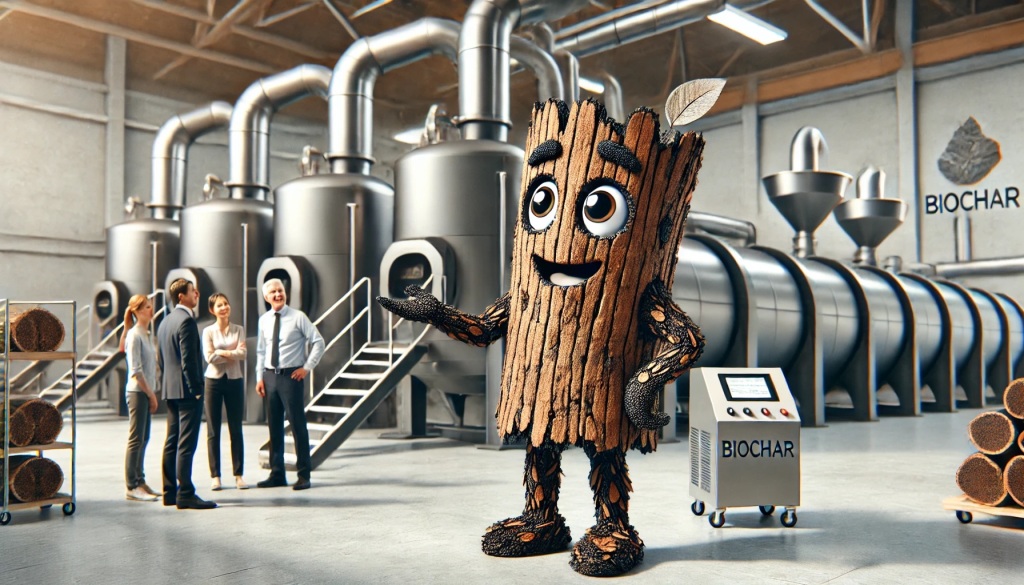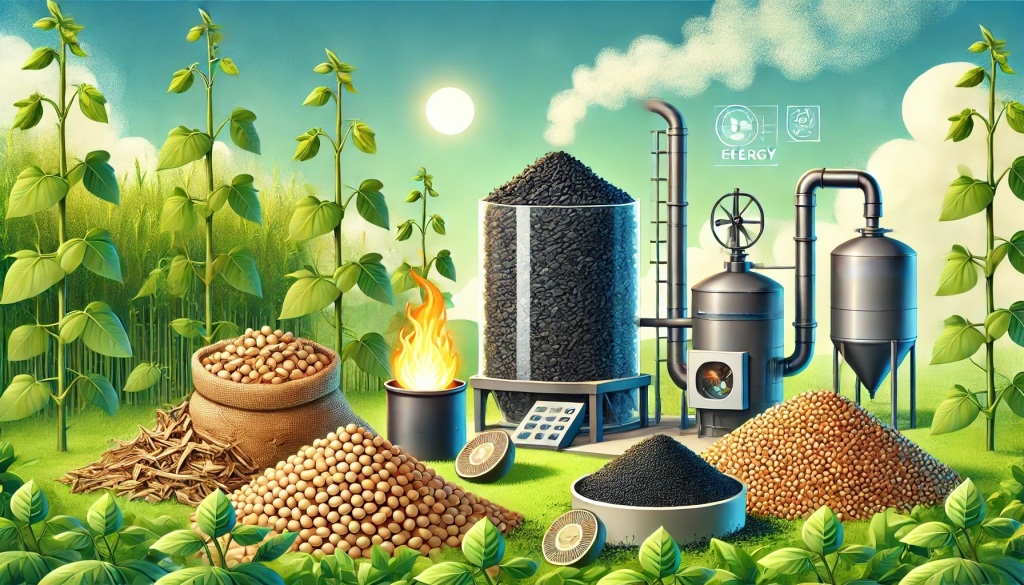Deng, S., Lu, X., Lei, K. et al. Effects of phosphorus and manganese modified apple pomace biochar on soil characteristics and its immobilization effect on Cd in polluted soil. J Soils Sediments (2024). https://doi.org/10.1007/s11368-024-03842-6
Biochar precursor materials and their modification methods are crucial in addressing soil cadmium (Cd) pollution. This study focused on apple pomace biochar (ABC), derived from apple pomace through pyrolysis at 500°C, and modified it using phosphoric acid impregnation (P-ABC), MnO2 loading (Mn-ABC), and MnO2 loading after phosphoric acid impregnation (Mn-P-ABC). The properties and effects of these biochars on soil characteristics and Cd immobilization were analyzed.
The biochars and their modified versions were characterized using infrared spectroscopy, X-ray diffraction, scanning electron microscopy, and Raman spectroscopy. The impact of these materials, in varying additions (4%, 7%, 10%, and 13%), on soil properties and Cd immobilization was studied.
All biochar variants (ABC, P-ABC, Mn-ABC, and Mn-P-ABC) were found to be porous and rich in functional groups. They enhanced soil organic matter, cation exchange capacity, and pH, thereby improving soil properties. Notably, the application of these biochars significantly reduced extractable Cd in the soil compared to the control. The 13% Mn-P-ABC treatment reduced extractable Cd by 43.84%. Cd speciation analysis showed that biochar application decreased acid-soluble Cd and increased residual Cd in the soil.
The 13% Mn-P-ABC treatment demonstrated the most effective Cd immobilization, with a 35.57% reduction in acid-soluble Cd and a 30.18% increase in residual Cd, highlighting its potential for mitigating soil Cd pollution.






Leave a comment